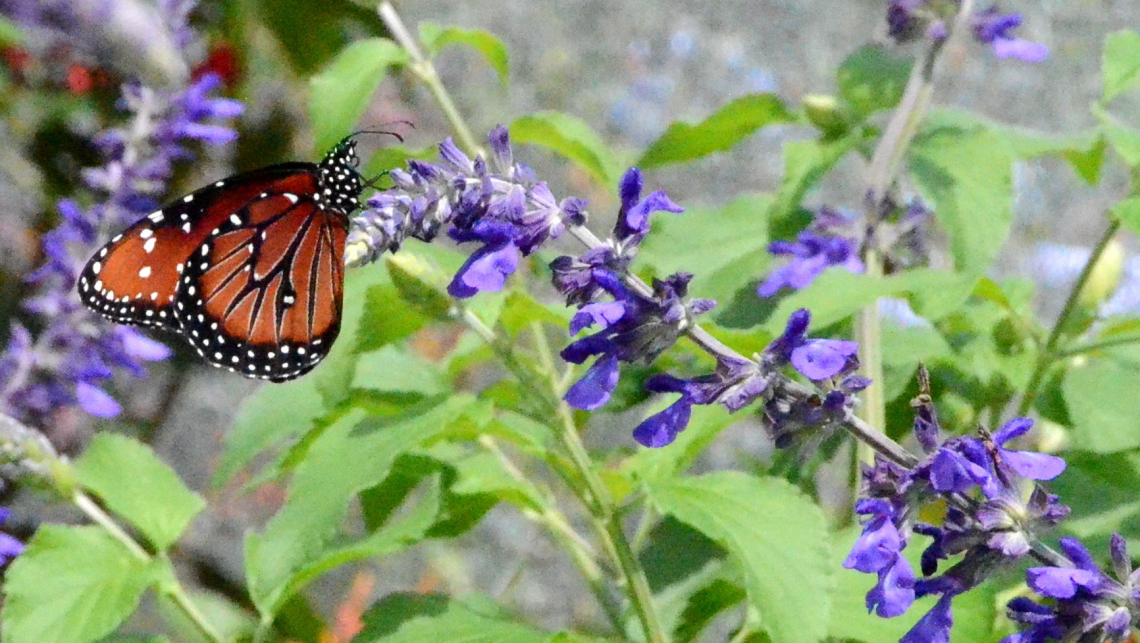March 2022: The climate crisis and the Gospel of Creation

In November, world leaders met in Glasgow, Scotland, to address the devastation caused to our planet by the climate crisis. Despite their commitment and the promised reduction of carbon gas emissions by various dates, many in our world remain skeptical about what they see as “false science.” I have been warned that even here in Maine talking about climate change is a “hot potato,” which many see as having nothing to do with their faith. Yet, as Pope Francis shared in his encyclical Laudato Sí, the care of creation must be understood as part of the Gospel itself, otherwise the science that tells us that the ice caps are melting, the waters are rising, and air pollution is out of control will not touch the hearts of Christian people. “As part of the universe, called into being by one Father, all of us are linked by unseen bonds” (No. 89),” Pope Francis tells us.
To help Christians achieve a greater religious and ethical understanding of the climate crisis, Pope Francis, before the Glasgow summit, joined with the Orthodox ecumenical patriarch, Bartholomew, and the Anglican archbishop of Canterbury, Justin Welby, to deliver a common message: the earth, according to the Book of Genesis, has been entrusted to us by God as our common home. The leaders said we share an “individual and collective responsibility for our God-given endowment,” one we have failed to adequately embrace.
The current climate crisis speaks volumes about who we are and how we view and treat God's creation. We stand before a harsh justice: biodiversity loss, environmental degradation and climate change are the inevitable consequences of our actions, since we have greedily consumed more of the earth’s resources than the planet can endure. But we also face a profound injustice: the people bearing the most catastrophic consequences of these abuses are the poorest on the planet and have been the least responsible for causing them. (“A Joint Message for the Protection of Creation,” September 1, 2021).
The joint message warns that today’s “children and teenagers will face catastrophic consequences unless we take responsibility now.” It concludes with a call to repentance, conversion, and transformation so that “together we can choose to act with love, justice, and mercy” and “walk towards a fairer and fulfilling society with those who are the most vulnerable at the center.”
In Laudato Sí, Pope Francis quotes his predecessor Pope Benedict XVI’s inaugural encyclical: “The external deserts in the world are growing because the internal deserts have become so vast.” Pope Francis teaches that instead of compensating for the emptiness within our hearts by being aggressive and compulsive consumers, we should instead develop a more contemplative lifestyle: “It is our conviction that the divine and the human meet in the slightest detail in the seamless garment of God’s creation—in the last speck of dust of our planet” (Laudato Si’, No. 9). We must develop, therefore, a posture of what he calls “serene attentiveness” toward the beauty that is before us all the time. “Look at the lilies of the field,” Jesus urged. Just look. And repent from the thoughtless consumerism of our “throwaway” culture.
Nature as Sacrament
The arrival of the monarch butterflies here in Maine each August is a spiritual apparition. With their brilliant orange wings streaked with black lines and white dots, they definitely make a splash. We watch as the monarchs alight on our garden flowers and lay their eggs on the milkweed in the field during their annual migration from faraway Mexico. While here, a new generation must be bred so that when fall comes, they can make their remarkable, 2,500-mile return journey. While with us, the monarchs are a sacrament of the beauty of God.
After their winter hibernation, the monarchs take flight again, forming giant columns as they follow the coast north, using the sun as their compass. Except during these migrations, the lifespan of the butterflies is only a month, but mysteriously, each new kaleidoscope of monarchs remembers the path.
When I was pastor in Falmouth, a group of teenagers from the parish made a winter journey to Rosario, Mexico, where the monarchs hibernate in the Oyamel fir trees. To their dismay, the teenagers learned the trees are being cut down by people who need the wood just to survive. Upon their return to the parish, the youths offered a presentation on what they had seen. They showed heart-wrenching pictures of people living in huts trying to keep warm by stoves the government supplied to prevent further devastation of the forests. They showed children bundled against each other trying to keep warm. The teens asked us, what is the value of a butterfly compared with a human life? Avoiding having to make such an unacceptable choice between care for the earth and protection of the most vulnerable among us is the moral challenge now confronting us.
In 1989, I wrote my first book, At Home on Earth. Foundations for a Catholic Ethic of the Environment. The environmental movement was fairly new, and on Earth Day that year, people seemed to be surprised to find a Catholic priest in the crowd. For some Catholics, concern for creation is just not part of their faith, but for many others, the religious obligation to be good stewards of our planet is a rediscovery of our faith’s relevance for themselves and its credibility in the world in which we live. But it’s not easy being green. It’s not just a costume party where green is the acceptable color. It’s a turnaround, nothing less than a conversion.
Msgr. Charles Murphy is a priest of the Diocese of Portland and the author of eight books.










